
Find Help
More Items From Ergsy search
-

Can I recover data once it has been breached?
Relevance: 100%
-
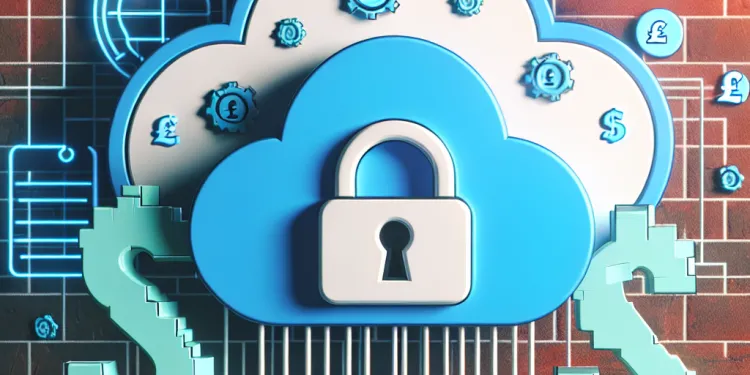
What is a data breach?
Relevance: 90%
-
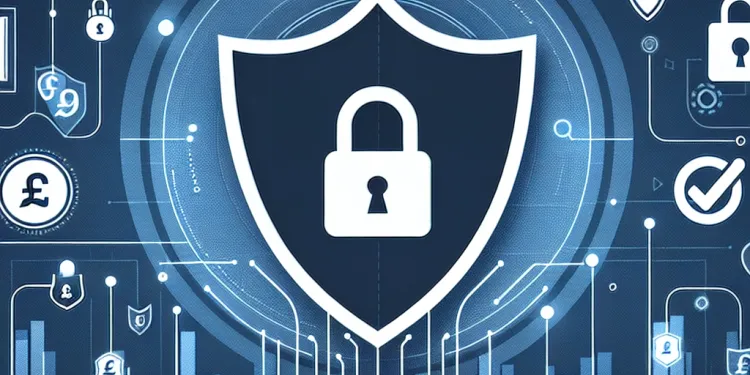
Are companies required to inform me if my data is breached?
Relevance: 81%
-
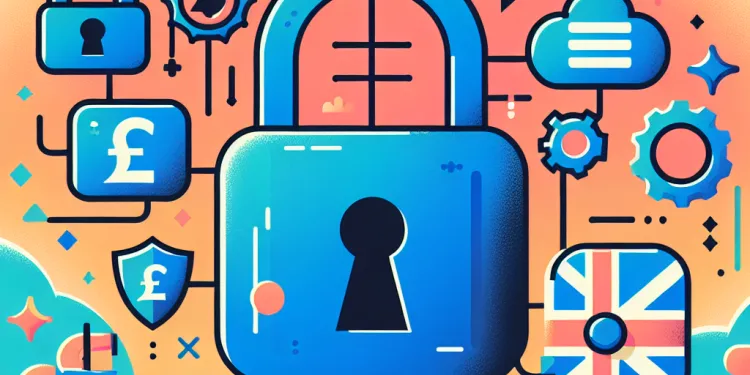
How do I know if my personal information was part of a data breach?
Relevance: 77%
-
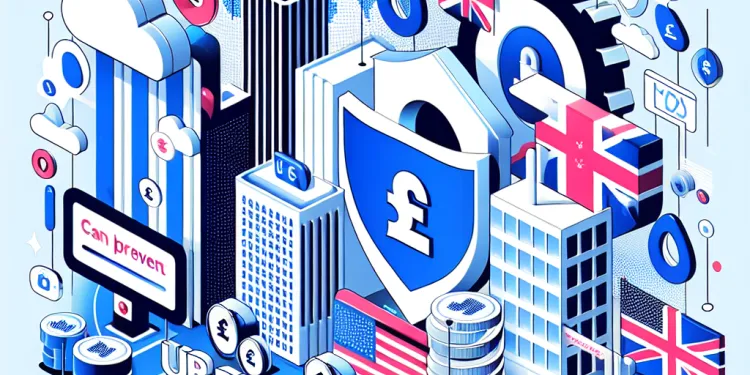
Can I prevent my data from being included in a breach?
Relevance: 76%
-
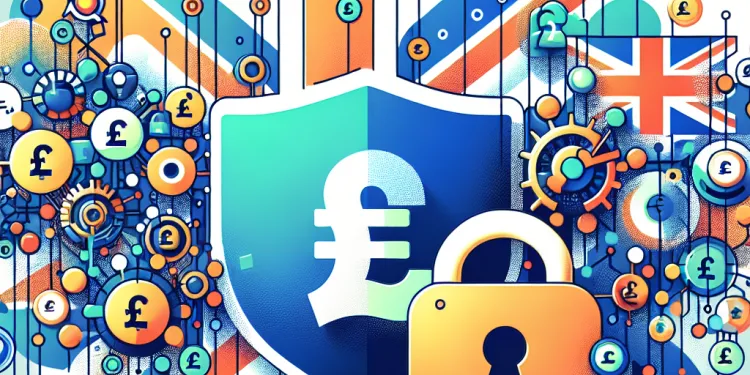
What type of information can be exposed in a data breach?
Relevance: 75%
-
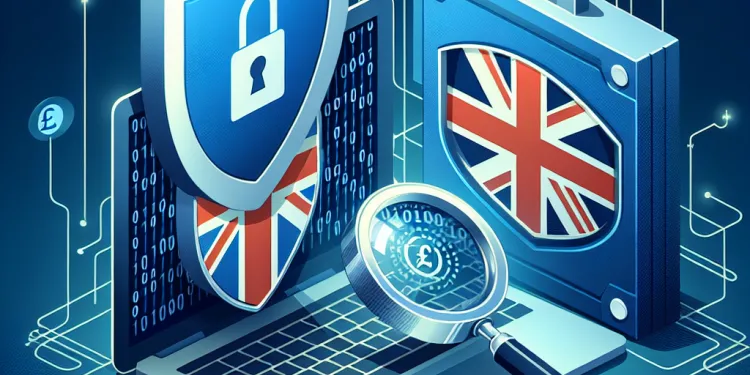
How can I find out if my data was part of a breach?
Relevance: 75%
-
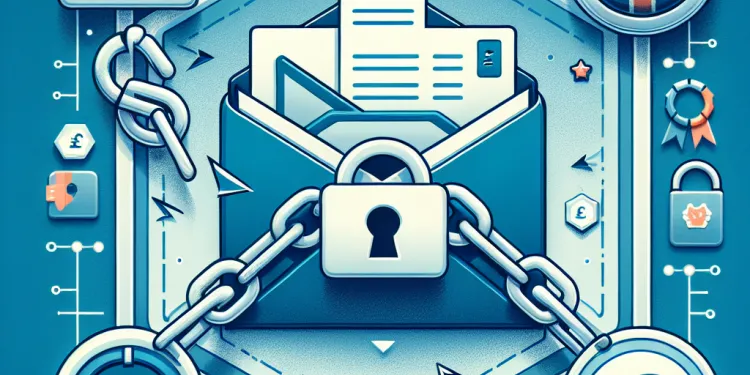
Why are emails often targeted in data breaches?
Relevance: 74%
-
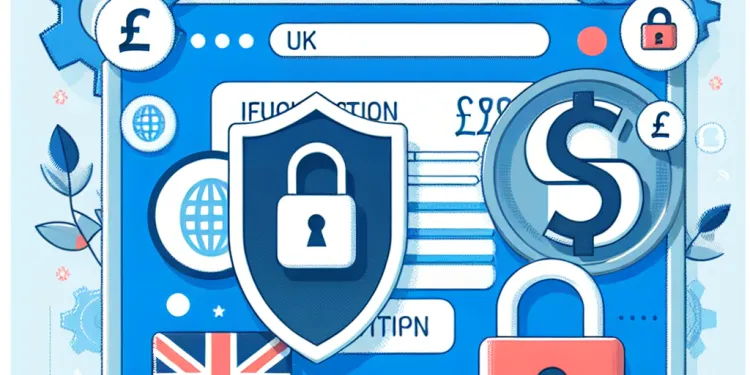
What should I do if I find my information in a data breach?
Relevance: 73%
-
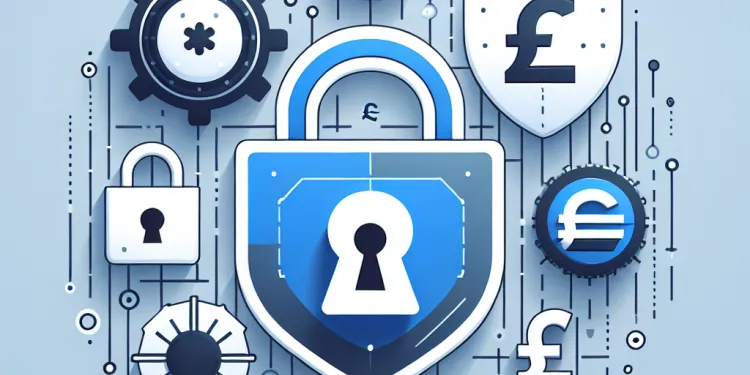
What role do password managers play in data breach prevention?
Relevance: 66%
-
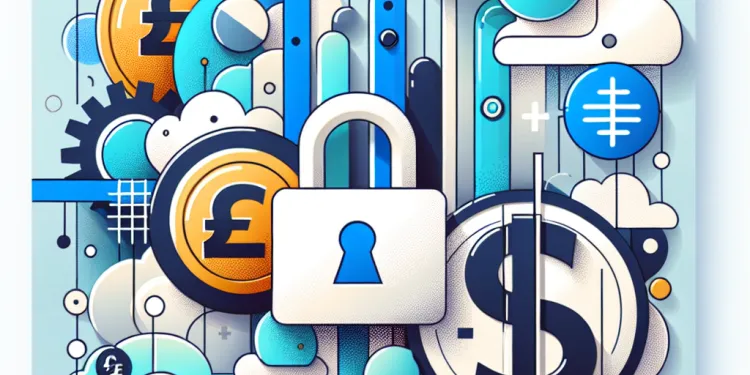
How often should I check for data breaches?
Relevance: 58%
-
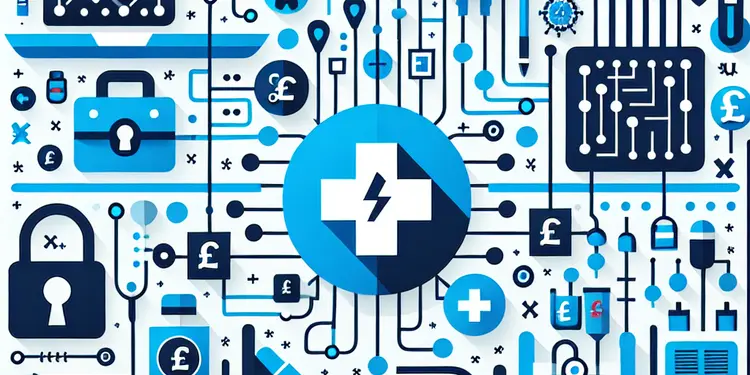
Is my data secure on a virtual ward?
Relevance: 58%
-
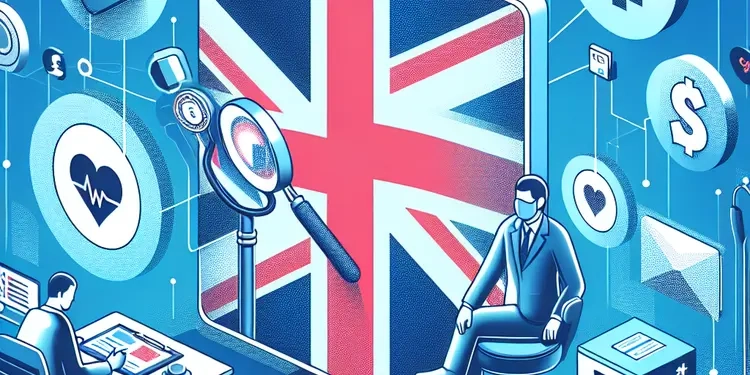
How can I find out if my medical data has been leaked?
Relevance: 58%
-

How does a breached company manage the situation?
Relevance: 54%
-

How can I secure sensitive data stored on my phone?
Relevance: 54%
-

Judicial Review Sought Over NHS Data Sharing Agreements
Relevance: 51%
-

What information do I need to provide to check for breaches?
Relevance: 47%
-

Do AI models for lung cancer require a lot of data to train?
Relevance: 47%
-

What is the best way to back up my mobile phone data?
Relevance: 46%
-

What should drivers do if there are errors in their digital license data?
Relevance: 46%
-
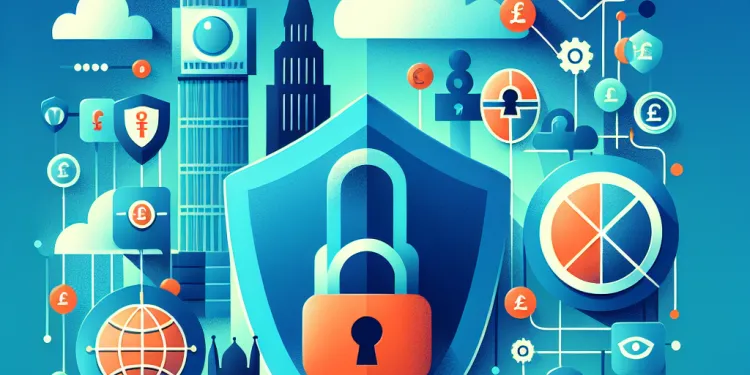
Is it safe to use websites that check for data breaches?
Relevance: 42%
-

Which types of imaging data are analyzed by AI for lung cancer detection?
Relevance: 42%
-

High Court Rules on Controversial Data Privacy Case
Relevance: 36%
-

What is a breach of trust?
Relevance: 33%
-
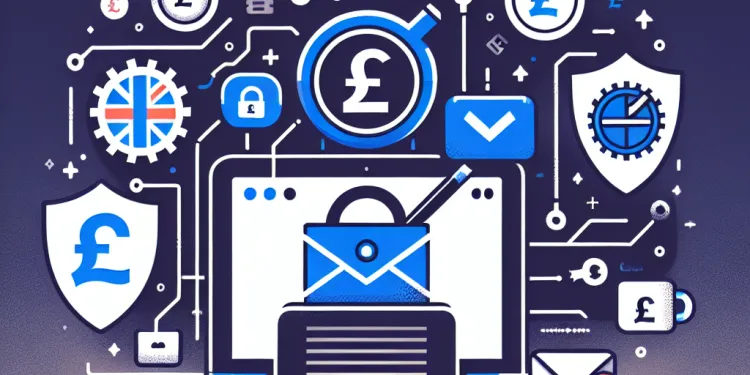
How can I recover a hacked email account?
Relevance: 31%
-
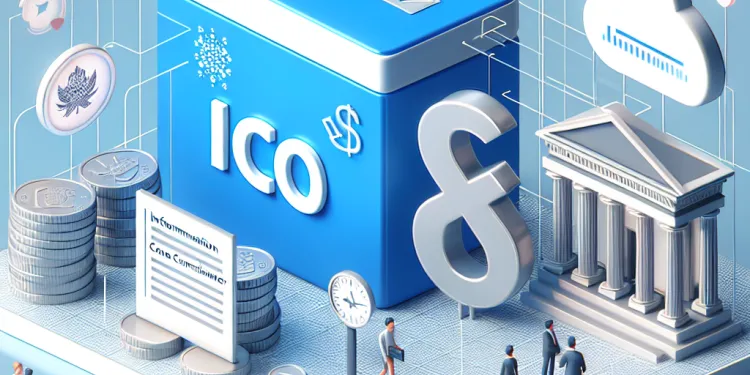
What role does the Information Commissioner’s Office (ICO) play in these disputes?
Relevance: 31%
-

What is my neighbour required to do under GDPR?
Relevance: 30%
-
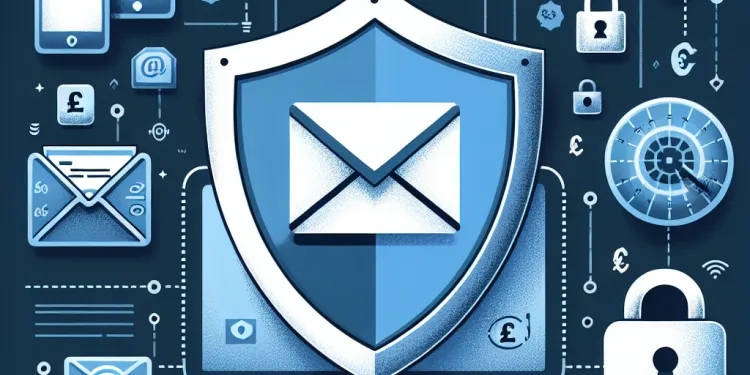
What is the risk of my contacts being compromised if my email is hacked?
Relevance: 29%
-
Is it possible to recover from an eating disorder?
Relevance: 27%
-

Does the ICO have the power to take action against my neighbour?
Relevance: 26%
-

What is the best way to recover from whiplash?
Relevance: 26%
-

How does one recover from Super Flu?
Relevance: 25%
-
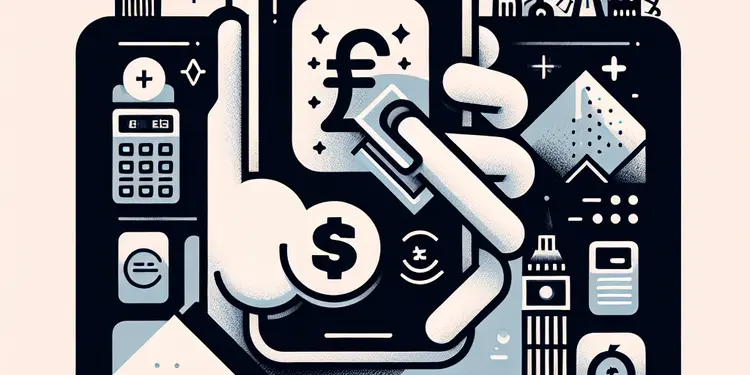
How does remotely wiping a mobile phone work?
Relevance: 24%
-
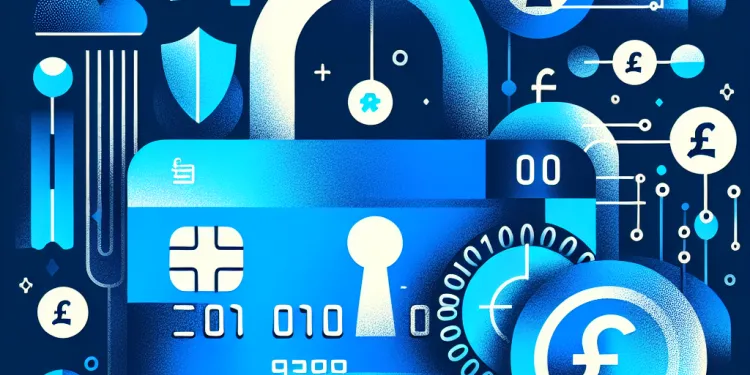
What is identity theft?
Relevance: 24%
-
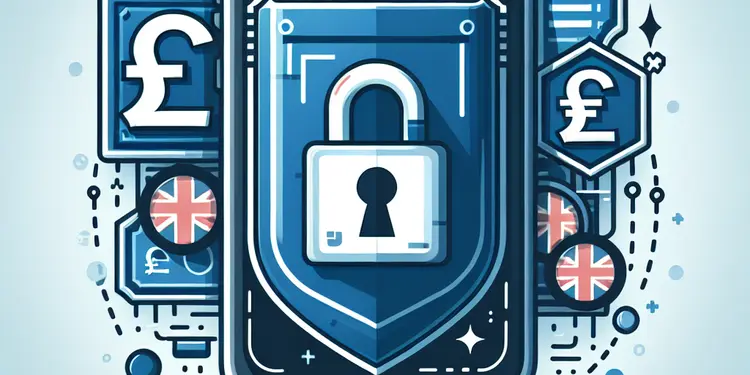
Should I encrypt my mobile phone?
Relevance: 24%
-
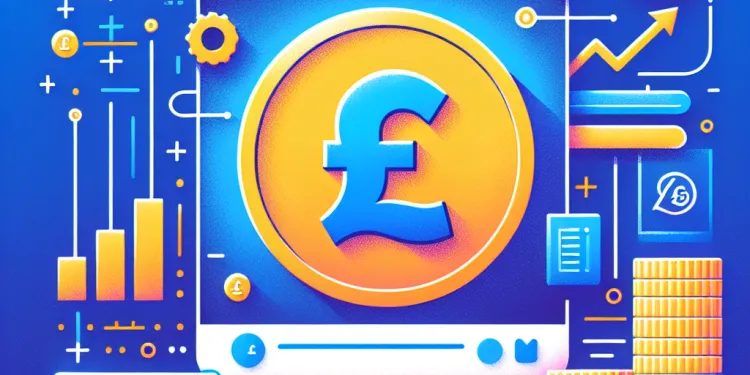
How do I know if my password has been hacked?
Relevance: 23%
-

Are virtual wards safe?
Relevance: 23%
-
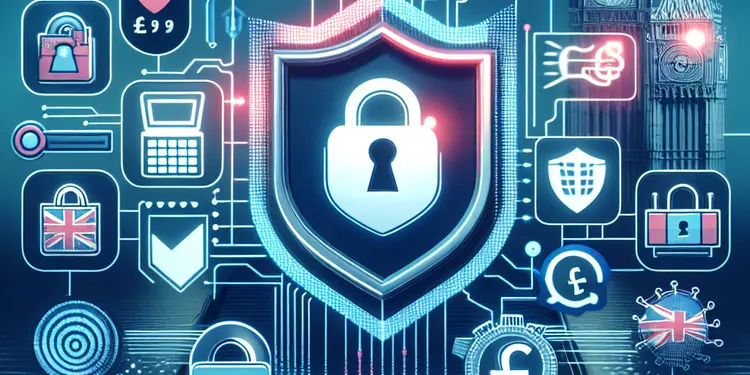
Why is it important to secure my mobile phone?
Relevance: 22%
-
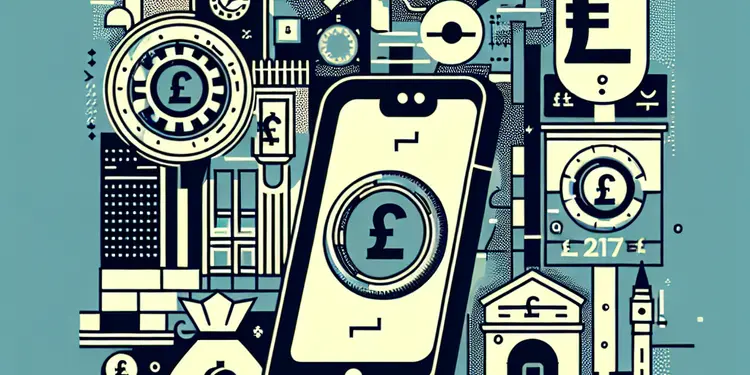
What should I do if my phone is lost or stolen?
Relevance: 22%
-
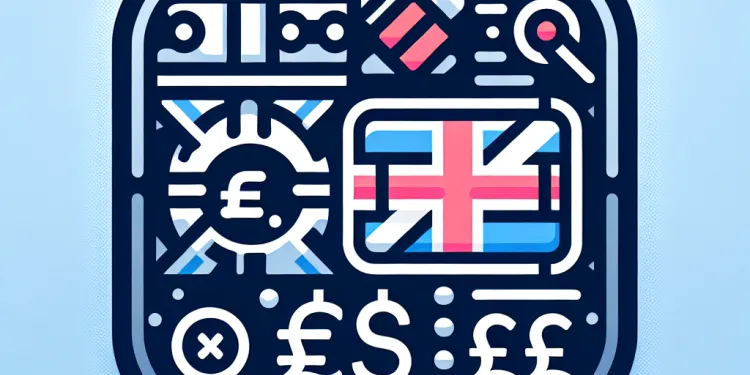
What are the security features of the digital driving license?
Relevance: 22%
Understanding Data Breaches
In today's digital age, data breaches have become a common concern for individuals and businesses alike. A data breach occurs when sensitive, confidential, or protected information is accessed, stolen, or used by unauthorized individuals. This can lead to serious consequences, including identity theft, financial loss, and reputational damage. Understanding whether you can recover data once it has been breached is crucial for anyone dealing with such an incident.
Can You Recover Stolen Data?
Once data has been breached, recovering it in the traditional sense of regaining control or ensuring it remains confidential is not possible. Recovering data typically refers to restoring lost or corrupted information from backups, but in the context of a data breach, this involves mitigating the damage done, securing systems, and preventing further unauthorized access. Even if you successfully reinforce security measures, the breached data could still be circulating or sold on the dark web if no immediate steps are taken to contain it.
Steps to Take After a Data Breach
After discovering a data breach, it is essential to act swiftly. Firstly, identify the scope of the breach and the data involved. Next, secure your systems and networks to prevent further unauthorized access. It is crucial to change passwords and apply necessary updates to your software and security protocols. Inform relevant stakeholders, including customers, partners, and regulatory bodies like the Information Commissioner's Office (ICO) in the UK, about the breach and the steps you are taking to address it.
Mitigation and Prevention Strategies
While recovering breached data is challenging, focusing on mitigation and future prevention can reduce the impact of a breach. Implementing regular security audits, using strong encryption methods, and providing staff training on data security practices can help. Additionally, having a comprehensive data breach response plan can ensure that your team is prepared to act quickly and effectively in the event of a breach.
Legal and Professional Assistance
In the UK, data protection is governed by the General Data Protection Regulation (GDPR) and the Data Protection Act 2018. These laws require organizations to protect personal data and report breaches promptly. Seeking legal counsel can help ensure compliance and guide you through the complexities of data protection laws. Additionally, consulting with cybersecurity experts can provide insights into securing your data infrastructure and preventing future breaches.
Conclusion
Recovering data once it has been breached presents significant challenges. However, by acting promptly and employing robust data security practices, you can mitigate damage and protect your organization and customers from further harm. Understanding the importance of data protection and having strategies in place to respond to breaches effectively is essential for individuals and businesses navigating the digital landscape.
What Is a Data Breach?
Today, many people and businesses worry about data breaches. A data breach happens when someone gets hold of private information without permission. This can cause big problems like someone stealing your identity or losing money. It is important to know what to do if your data is stolen.
Can You Get Back Stolen Data?
When data is stolen, you can't really get it back to keep it secret again. Getting back data usually means fixing lost or damaged files. But if there's been a data breach, you need to fix the damage, make sure your systems are safe, and stop any more data from being stolen. Sometimes, stolen data might still be shared online if you don't act quickly to stop it.
What to Do After a Data Breach
After a data breach, you need to act fast. First, find out what data was taken and how big the problem is. Then, make your systems and networks safe again. You should change passwords and update your software security. Tell people who need to know about the breach, like customers, partners, and officials like the Information Commissioner's Office (ICO) in the UK.
How to Reduce and Stop Future Breaches
Getting back stolen data is hard, so focus on making the breach less harmful and stopping future breaches. Check your security regularly, use strong security technology, and teach your team about data safety. Having a plan for dealing with data breaches helps your team act quickly if something happens again.
Getting Help from Lawyers and Experts
In the UK, laws protect your personal data. These are the General Data Protection Regulation (GDPR) and the Data Protection Act 2018. These laws say groups must protect data and report breaches quickly. You might need help from a lawyer to follow the laws and from experts to make your data safe and prevent future breaches.
Final Thoughts
It is hard to fix things after a data breach. But if you act quickly and use strong data safety practices, you can reduce the harm and protect your business and customers. Knowing how important data protection is and having a plan to deal with breaches are important for staying safe in the online world.
Frequently Asked Questions
Can data be recovered once it has been breached?
Once data has been breached, it cannot be 'un-breached', but steps can be taken to contain the breach and recover or protect other data.
What does it mean when data is breached?
A data breach occurs when unauthorized individuals gain access to sensitive or confidential information.
What should I do immediately after a data breach?
Immediately after a data breach, you should secure your systems, identify the breach's source, and notify affected parties and authorities if necessary.
Is it possible to retrieve breached data?
Retrieving data in the sense of making it private again is not possible, but you can prevent further unauthorized access and protect future data.
How can I protect data from future breaches?
To protect data from future breaches, implement strong cybersecurity measures, conduct regular audits, and train employees on security best practices.
Can encrypted data be recovered after a breach?
If data is properly encrypted and the encryption keys are secure, the data may remain inaccessible to unauthorized users even if a breach occurs.
What role does a backup play in a data breach?
Regularly maintained backups can help restore systems to a state before the breach, mitigating the damage caused by lost or corrupted data.
How long does it take to recover from a data breach?
The recovery time depends on the breach's severity, the systems in place, and the response measures taken. It can range from a few days to several months.
What are the legal implications of a data breach?
Legal implications can include fines, lawsuits, and penalties, especially if regulatory compliance requirements were not met. It may also necessitate notifying affected individuals.
How can I contain a data breach quickly?
To contain a data breach quickly, isolate affected systems, change passwords, disable compromised accounts, and work with IT security experts to assess and stop the breach.
What are common causes of data breaches?
Common causes include weak passwords, phishing attacks, insider threats, outdated software, and unsecured networks.
How do I notify affected parties of a data breach?
Notification can be done via email, phone, or mail, detailing what happened, what data was affected, and steps being taken to address the breach.
Can insurance cover data breaches?
Cyber insurance can provide coverage for data breach-related costs, including legal fees, public relations, and customer notification expenses.
Is it necessary to report a data breach?
Reporting a data breach is often legally required, especially if personal information is compromised. Regulations like GDPR stipulate such actions.
How can multi-factor authentication help prevent data breaches?
Multi-factor authentication adds an extra layer of security, requiring more than just a password to gain access, which can prevent unauthorized data access.
What is the cost of a data breach?
The cost includes direct expenses, like fines and recovery costs, and indirect costs, such as reputational damage and loss of business opportunities.
Can hiring a cybersecurity firm help with a data breach?
Yes, a cybersecurity firm can offer expertise to address and mitigate the effects of a breach, enhancing the organization's protective measures.
Why is it important to have a response plan for data breaches?
Having a response plan allows organizations to act swiftly and effectively during a breach, minimizing damage and recovery time.
How does a data breach affect customer trust?
A data breach can severely impact customer trust, as it may cause concerns about the safety of their personal information and lead to loss of clientele.
What steps can be taken to improve system security post-breach?
Conduct a system audit, update security protocols, implement new security technologies, and provide employee training to address vulnerabilities revealed by the breach.
Can we get data back after it has been stolen?
Sometimes, data can be protected after it has been taken without permission.
Here are some ways to help:
- Backups: Save copies of your important files in different places. This way, if your data is taken, you still have it saved safely.
- Ask for help: Tell an adult you trust or get help from an expert if you think your data has been stolen.
- Use strong passwords: Make sure you use hard-to-guess passwords. This helps keep your data safe from being taken.
These steps can help keep your data safe and help get it back if it is stolen.
When someone's data is stolen, it can't be put back to how it was. But you can do things to stop more data from being stolen and to keep other data safe.
What happens when data is breached?
When data is breached, it means someone has taken information they should not have. It can be like when a burglar breaks into a house and takes things that don't belong to them.
Here's how you can protect your data:
- Use strong passwords. Try to use a mix of letters, numbers, and symbols.
- Keep your passwords a secret. Don’t share them with others.
- Change your passwords often to keep them safe.
- Use tools like password managers to help remember your passwords.
- Make sure your computer has security software, like antivirus protection.
If you need help reading or understanding things, ask a trusted adult or use reading tools like text-to-speech software.
A data breach happens when someone who is not allowed sees or takes private information.
What to Do Right After a Data Breach
If your data gets stolen, here’s what you can do:
- Change Passwords: Make new passwords that are strong and not easy to guess.
- Use Two-Step Check: This means you need something extra, like a code on your phone, to log in.
- Watch Your Bank Accounts: Keep an eye on money going in and out to make sure nothing is wrong.
- Use Identity Theft Protection: This is a service that helps keep your information safe.
Tools that can help you:
- Password Manager: An app to remember all your passwords.
- Two-Factor Authentication App: Helps make your accounts safer with extra checks.
Right after a data breach, you should make sure your systems are safe. Find out where the breach started. Tell the people affected and the right authorities if needed.
Can we get stolen information back?
Once your data is shared, you can't make it private again. But you can stop others from seeing it and keep new data safe.
How can I keep my data safe in the future?
To keep your data safe, you can do a few things:
- Use strong security tools.
- Check your systems often.
- Teach workers about staying safe online.
Can we get back secret data after a break-in?
If we lock up data safely and keep the keys safe, people who shouldn’t see it won’t be able to. Even if someone breaks in, they can’t see the data.
How can backups help if data is stolen?
Keeping copies of important files can help fix problems if something bad happens. If anything gets lost or broken, you can use the copies to make things better.
How Long to Fix a Data Breach?
When data gets stolen, fixing it can take a while.
Here’s what can help:
- Get Help: Talk to experts. They know what to do.
- Check Everything: Make sure all computers and systems are safe.
- Stay Calm: It takes time to fix things. Be patient.
These steps can help make the problem smaller.
How long it takes to fix a problem depends on how bad it is, what tools we have, and what actions we take. It can take a few days or even many months to fix the issue.
What happens if someone steals information?
If someone takes important information that they should not have, there can be problems.
Here are some things that might happen:
- The law might say you did something wrong.
- You might have to pay money because of what happened.
- People might not trust you anymore.
To help understand these ideas, using pictures, videos, or asking an adult to explain can help.
If rules are broken, you might have to pay money as a fine or face other punishments. Sometimes, you might also have to tell people who are affected.
How can I stop data from being leaked fast?
If someone breaks into a computer system and steals information, act fast! First, separate the affected computers from the rest. Next, make new passwords. Stop any accounts that were broken into. Finally, ask computer security experts for help to find and fix the problem.
What are common causes of data breaches?
Easy Version:
Why do data problems happen?
Sometimes bad people can get into computers and take information. This is called a "data breach." Here are reasons why it happens:
- Weak passwords: Easy words that are simple to guess.
- Unsecure computers: No good locks on computer systems.
- Mistakes: People make errors and let bad people in.
- Viruses: Bad software can break into computers.
Helpful Tips:
You can do these things to stay safe:
- Use strong passwords: Make them hard to guess.
- Keep your computer safe: Use security programs.
- Be careful with emails: Don’t open strange ones.
Main problems are:
- Weak passwords: Easy to guess passwords can be dangerous. Use strong and different passwords for each account.
- Phishing attacks: Bad people try to trick you into giving personal details. Be careful when opening emails or links from people you don't know.
- Insider threats: Sometimes, people within a company may cause harm. Always be cautious and set clear rules for access.
- Outdated software: Old software can have security holes. Make sure to update your software regularly.
- Unsecured networks: Free Wi-Fi isn’t always safe. Use secure networks and a Virtual Private Network (VPN) for extra safety.
How do I tell people about a data breach?
If there is a data breach, here is how you can tell people:
- Write a simple message to tell people there was a data breach.
- Explain what happened in easy words.
- Tell them what you are doing to fix it.
- Let them know they can ask questions if they need help.
- Use tools like pictures or videos to help explain if needed.
You can get a message by email, phone, or mail. This message will tell you what happened, what information was affected, and what is being done to fix the problem.
Does insurance pay for problems with data safety?
Sometimes, insurance can help pay if your data is not safe. This is called a data safety problem or breach.
Here are some ways insurance can help:
- Paying for fixing computers.
- Helping to tell people about the problem.
- Paying for experts to make data safe again.
You can ask an insurance helper to find out more. They can explain how it works and what it covers.
These tools might help you understand things better:
- Ask someone to read with you.
- Use pictures to show the main ideas.
- Take breaks while reading.
Cyber insurance is like a safety net for when your computer data is stolen or lost. It can help pay for things like:
- Lawyer fees
- Talking to the public
- Telling customers what happened
If reading is hard, you might use tools to read text out loud, or ask someone to read with you.
Do you need to tell someone if data is stolen?
A data breach means that private or secret information has been taken or seen by others without permission.
You should tell someone if this happens. Telling the right people can help fix the problem.
Here are some steps to help:
- Talk to a trusted adult or person in charge.
- Write down what happened and when.
- Use online tools like voice-to-text to help explain what happened.
- Use simple words to tell the story clearly.
Remember, it’s important to let someone know so they can help keep things safe.
If someone gets hold of private information they shouldn't have, you usually have to tell someone in charge. This is the law. Rules like GDPR say you must do this.
How can using more than one way to log in keep your data safe?
When you go online, you might need to enter a password. This helps keep your information safe.
Multi-factor authentication means using more than just a password. You might also use:
- Your phone to get a text message with a code.
- Your finger or face to unlock something.
Using more ways to log in makes it harder for someone to get into your data without permission. It helps keep your data safe.
If you are learning how to use this, try asking a friend for help or finding a video online to show you how.
Multi-factor authentication makes things safer. It means you need more than just a password to get in. This helps stop people who shouldn't see the data from getting in.
How much does it cost if someone steals computer information?
The cost includes things you pay for right away, like fines and fixing problems. It also includes things you don't pay for right away, like people thinking badly of you and losing chances to do business.
Can a cybersecurity company help if there is a data leak?
Yes, a cybersecurity company can help fix problems if someone breaks into your computer systems. They make sure your computer systems are safe and help protect them better in the future.
Why do we need a plan for when data gets stolen?
Having a plan helps organizations respond quickly and well if something goes wrong. It can make problems smaller and quicker to fix.
What happens to customer trust when a company loses data?
A data breach is when someone gets into a computer system and takes information they shouldn't have. This can make people worry about how safe their personal information is. If customers think their information is not safe, they may decide not to use a company's services anymore.
How can we make a computer system safer after it has been broken into?
Look at how the system works. Make sure all security rules are up-to-date. Use new tools to keep the system safe. Teach workers how to stay safe on the computer.
Useful Links
Have you found an error, or do you have a link or some information you would like to share? Please let us know using the form below.
-->
This website offers general information and is not a substitute for professional advice.
Always seek guidance from qualified professionals.
If you have any medical concerns or need urgent help, contact a healthcare professional or emergency services immediately.
Some of this content was generated with AI assistance. We’ve done our best to keep it accurate, helpful, and human-friendly.
- Ergsy carfully checks the information in the videos we provide here.
- Videos shown by Youtube after a video has completed, have NOT been reviewed by ERGSY.
- To view, click the arrow in centre of video.
- Most of the videos you find here will have subtitles and/or closed captions available.
- You may need to turn these on, and choose your preferred language.
- Go to the video you'd like to watch.
- If closed captions (CC) are available, settings will be visible on the bottom right of the video player.
- To turn on Captions, click settings .
- To turn off Captions, click settings again.
More Items From Ergsy search
-

Can I recover data once it has been breached?
Relevance: 100%
-

What is a data breach?
Relevance: 90%
-

Are companies required to inform me if my data is breached?
Relevance: 81%
-

How do I know if my personal information was part of a data breach?
Relevance: 77%
-

Can I prevent my data from being included in a breach?
Relevance: 76%
-

What type of information can be exposed in a data breach?
Relevance: 75%
-

How can I find out if my data was part of a breach?
Relevance: 75%
-

Why are emails often targeted in data breaches?
Relevance: 74%
-

What should I do if I find my information in a data breach?
Relevance: 73%
-

What role do password managers play in data breach prevention?
Relevance: 66%
-

How often should I check for data breaches?
Relevance: 58%
-

Is my data secure on a virtual ward?
Relevance: 58%
-

How can I find out if my medical data has been leaked?
Relevance: 58%
-

How does a breached company manage the situation?
Relevance: 54%
-

How can I secure sensitive data stored on my phone?
Relevance: 54%
-

Judicial Review Sought Over NHS Data Sharing Agreements
Relevance: 51%
-

What information do I need to provide to check for breaches?
Relevance: 47%
-

Do AI models for lung cancer require a lot of data to train?
Relevance: 47%
-

What is the best way to back up my mobile phone data?
Relevance: 46%
-

What should drivers do if there are errors in their digital license data?
Relevance: 46%
-

Is it safe to use websites that check for data breaches?
Relevance: 42%
-

Which types of imaging data are analyzed by AI for lung cancer detection?
Relevance: 42%
-

High Court Rules on Controversial Data Privacy Case
Relevance: 36%
-

What is a breach of trust?
Relevance: 33%
-

How can I recover a hacked email account?
Relevance: 31%
-

What role does the Information Commissioner’s Office (ICO) play in these disputes?
Relevance: 31%
-

What is my neighbour required to do under GDPR?
Relevance: 30%
-

What is the risk of my contacts being compromised if my email is hacked?
Relevance: 29%
-
Is it possible to recover from an eating disorder?
Relevance: 27%
-

Does the ICO have the power to take action against my neighbour?
Relevance: 26%
-

What is the best way to recover from whiplash?
Relevance: 26%
-

How does one recover from Super Flu?
Relevance: 25%
-

How does remotely wiping a mobile phone work?
Relevance: 24%
-

What is identity theft?
Relevance: 24%
-

Should I encrypt my mobile phone?
Relevance: 24%
-

How do I know if my password has been hacked?
Relevance: 23%
-

Are virtual wards safe?
Relevance: 23%
-

Why is it important to secure my mobile phone?
Relevance: 22%
-

What should I do if my phone is lost or stolen?
Relevance: 22%
-

What are the security features of the digital driving license?
Relevance: 22%


